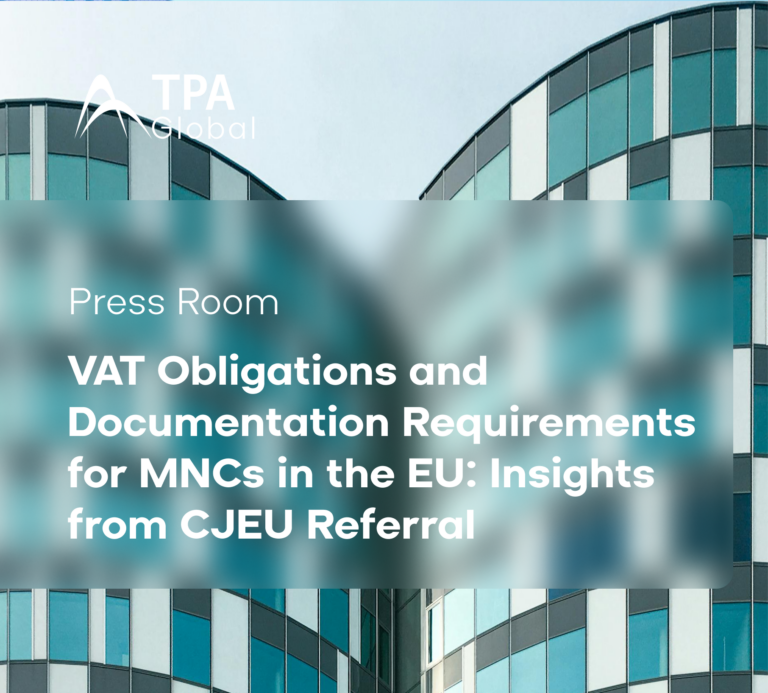Type: Legislation
In July 2023, paper invoices will no longer be valid for VAT deductions in Egypt, as the country implements mandatory e-invoicing for both B2B and B2C transactions. The phased introduction of e-invoices and e-receipts is expected to be completed for all taxpayers by April 2023.
However, existing paper invoices can still be used for VAT deductions. By April 2023, the Egyptian Tax Authority has onboarded the latest group of taxpayers for electronic receipts, establishing a centralized system to monitor commercial transactions and validate them electronically.
Egypt began implementing its e-invoicing system in November 2021, starting with large companies and gradually extending it to medium and smaller enterprises. B2C e-invoicing became mandatory in July 2022, while B2B invoicing is expected to be fully implemented by April 2023, covering all government-cleared e-invoices.
Effective date: July 2023



